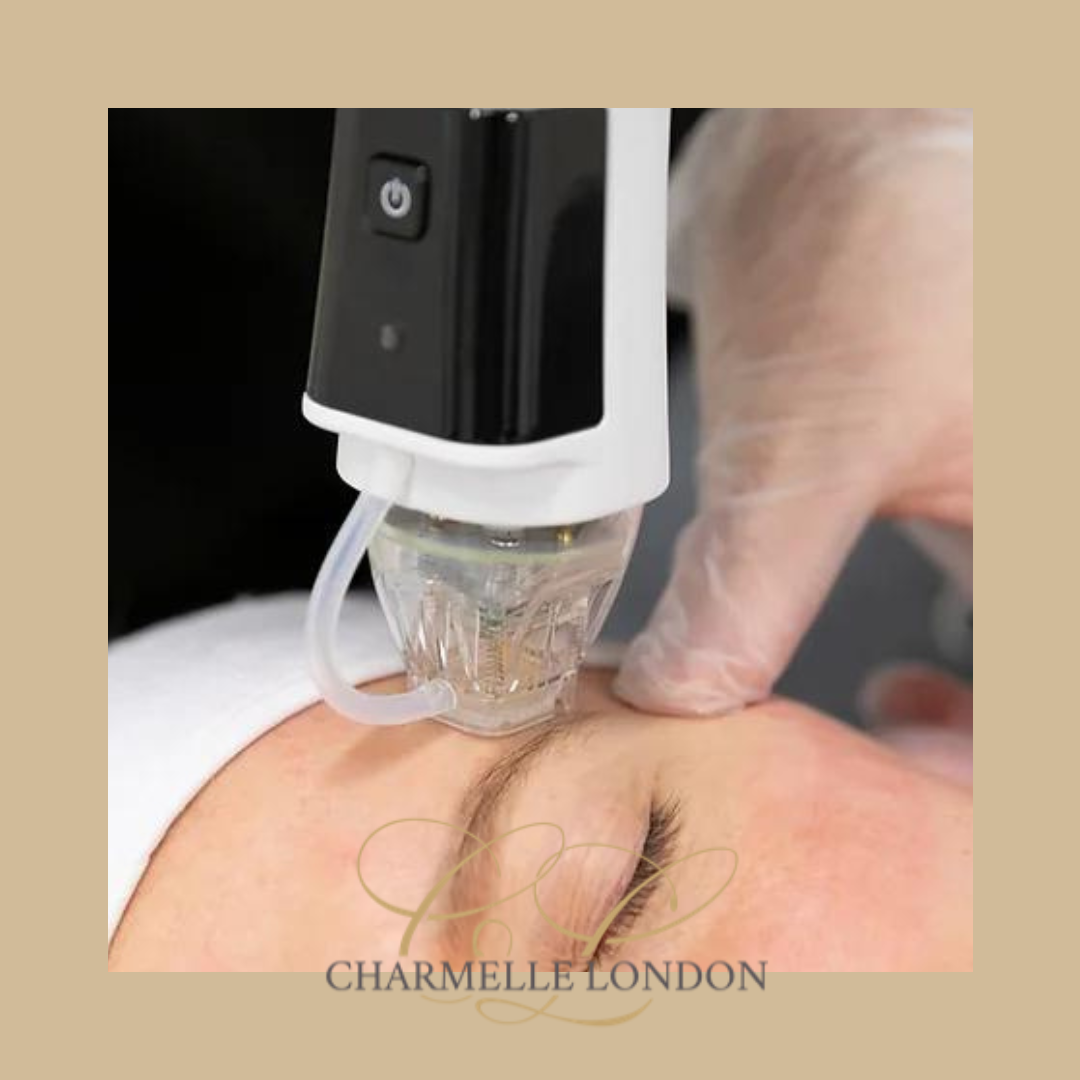Pigmentation
Your body contains a pigment called melanin, which determines the colour of your skin, hair and eyes. People with darker skin types tend to have more melanin in their skin cells than those with lighter skin – but imbalances and disorders of the skin can lead to inconsistent colouration, patterning and ‘blotches’.
When skin cells are healthy, your skin will appear normal and even. However, when skin cells become damaged or unhealthy, extra melanin is produced to help protect your skin. Alternatively, the cells that produce pigment can be damaged, which prevents melanin production. As a result, parts of your skin may turn lighter (hypopigmentation) or darker (hyperpigmentation), both of which are recognisable skin conditions. This page talks mostly about the symptoms of hyperpigmentation.
What causes pigmentation
Pigmentation, or hyperpigmentation as it is also known, can occur for a variety of reasons. The effects can also become more obvious as we age, and if left untreated and unprotected can worsen.
Common causes of hyperpigmentation are:
- Over-exposure to the sun
- Genetics
- hormonal changes
- Medical conditions and trauma to the skin (such as burns or as a result of spots and picking).




.jpg&w=3840&q=75)